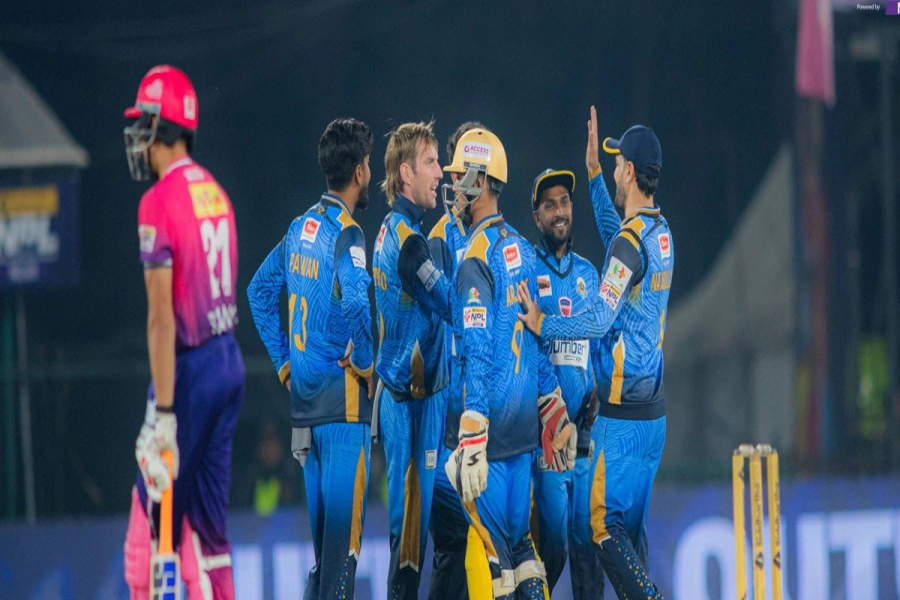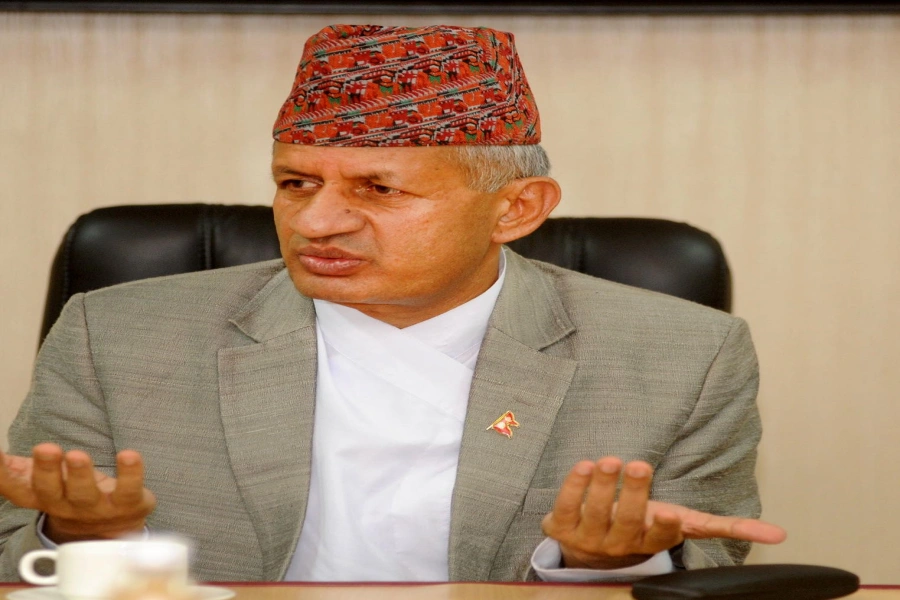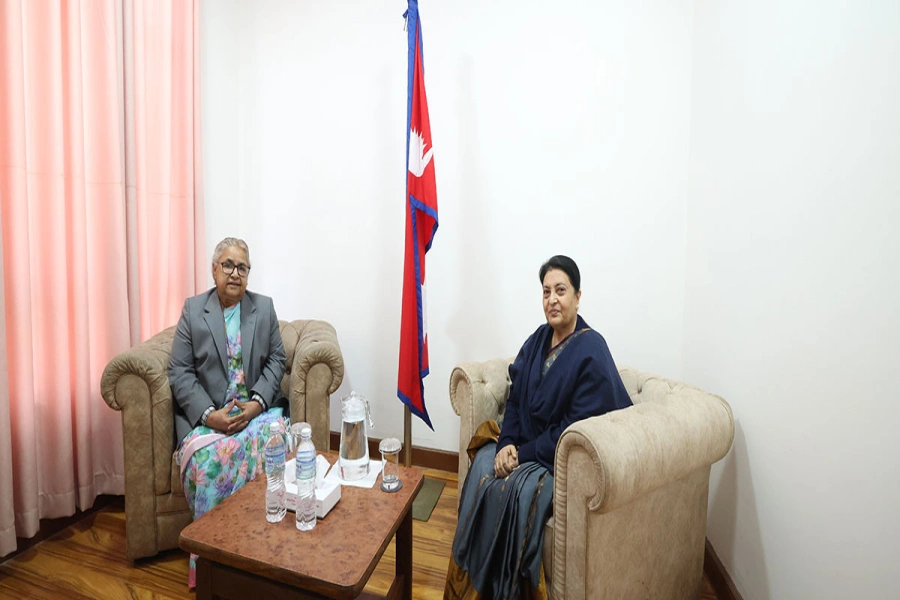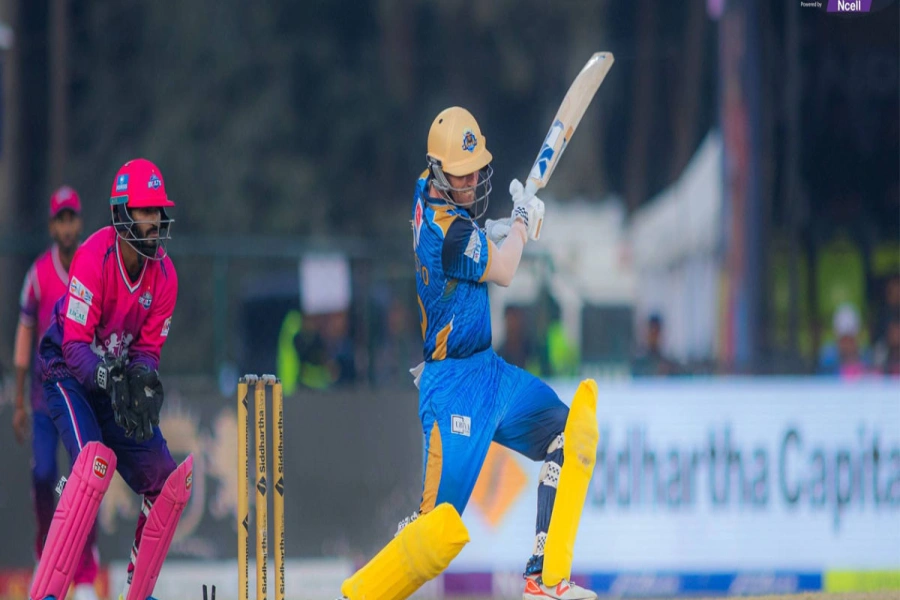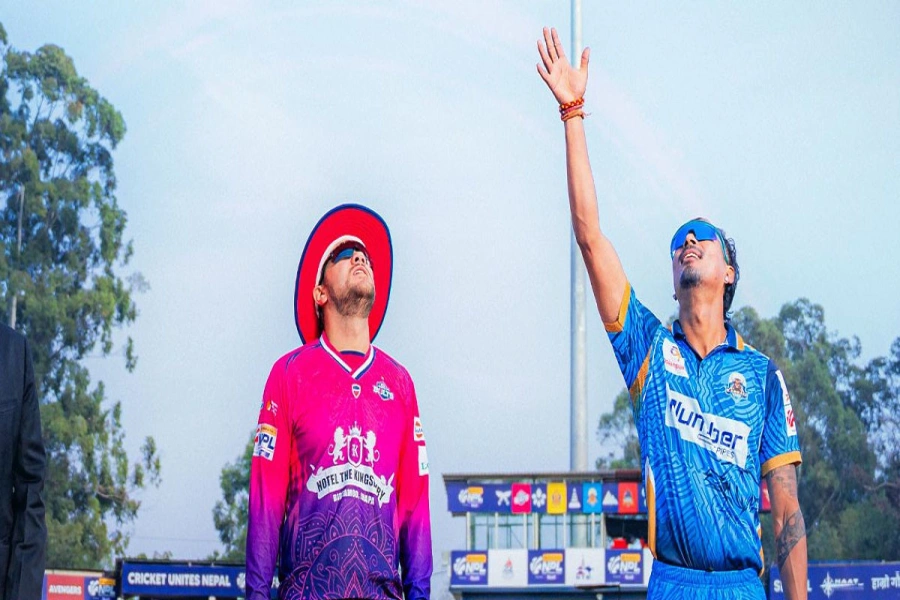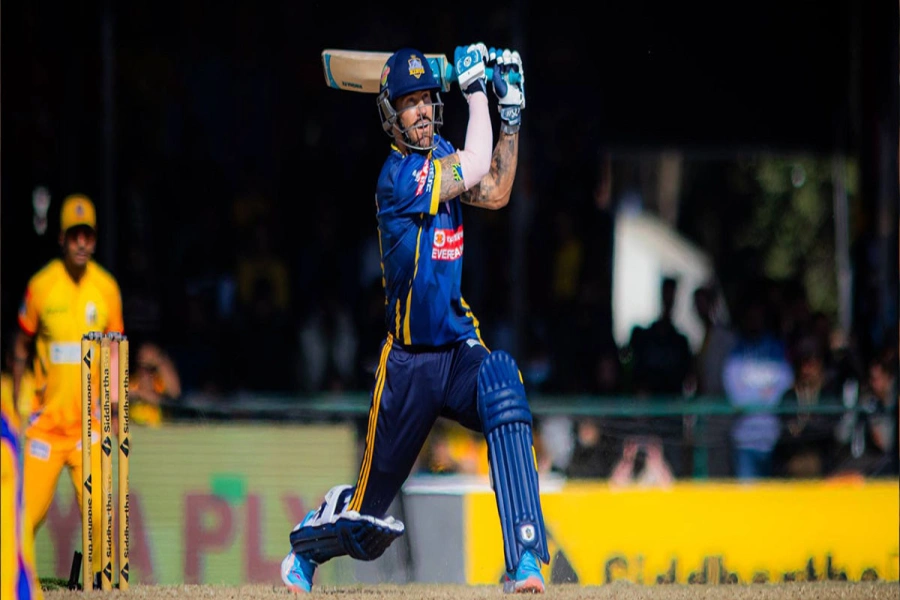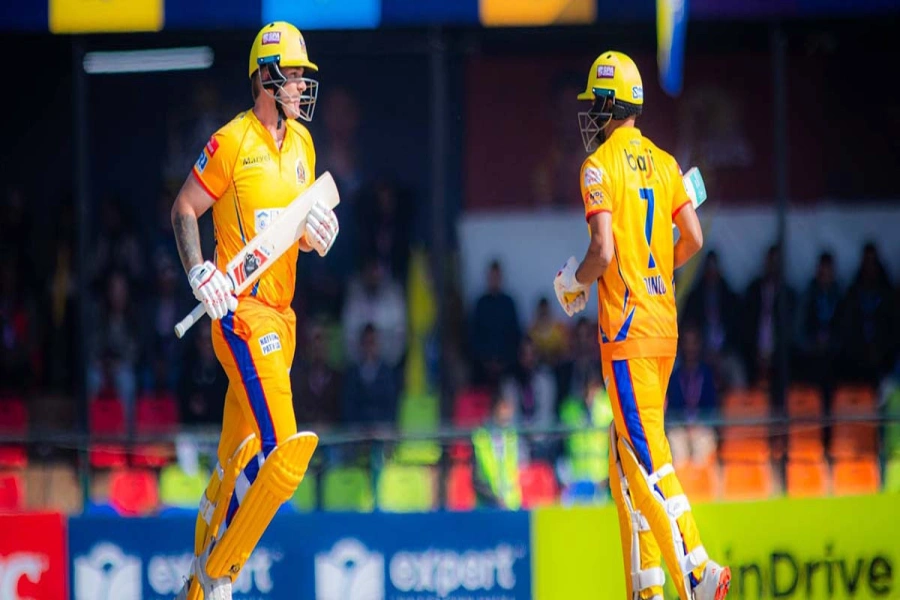KATHMANDU, June 2: One of the businessmen arrested on the charge of gambling Monday is the Honorary Consul of Guinea Republic to Nepal.
Sources said Ashok Kumar Agrawal, who was appointed the honorary consul by the government of Guinea Republic to Nepal in July 2017 is among the nine businessmen arrested following a police raid on a hotel in the capital. All the arrested have been remanded for five days in police custody.
The arrest of Honorary Consul Agarwal from Gangor Boutique Hotel in Kamaladi comes barely two months after an Honorary Consul of Kyrgyzstan to Nepal Sulav Agrawal was arrested on the charge of black marketeering in medical equipment. Agrawal is also the Managing Director of Vishal Group
Experts say the arrest of two honorary consuls in connection with involvement in illegal activities in less than two months has substantiated the allegations made from various quarters that a section of businesspersons in Kathmandu had grossly misused the position and privileges the state offered to them to cover up their unscrupulous activities.
Vidushi Rana appointed as Honorary Consul General of Republic o...

An honorary consul is supposed to be a reputed person in his field with high-level political contacts in the sending states and those with ability and connections to facilitate high-level visits between the two countries and promote trade and business interactions. But the failure on the part of the government to set eligibility criteria to be honorary consuls has given rise to misuse of this provision, say experts.
The government had given a special privilege to all honorary consuls to use blue number-plate vehicles similar to the ones used by the members of diplomatic corps until the arrest of Sulav Agrawal in April. The Ministry of Foreign Affairs (MoFA) then decided to withdraw all the privileges enjoyed by the honorary consuls after there were complaints that several businesspersons were using their position and privileges to cover up their unscrupulous activities.
Although there is no practice of allowing honorary consuls general or consuls to use blue number-plate vehicles similar to the ones used by the members of diplomatic corps, a section of influential honorary consuls in Nepal back in 2007 had managed to influence the government to allow them to exercise such privileges along with other diplomatic immunities.
A cabinet meeting on June 19, 2007 had approved a proposal forwarded by MoFA to provide honorary consuls general and consuls special vehicle registration numbers with diplomatic privileges. The blue number-plates given to them included the letters HCC (short for honorary consular corps) and a number.
Honorary consuls back in 2007 had maintained that it had been practically difficult for them to carry out their official tasks due to frequent general strikes and protest activities -- something very common in the Kathmandu Valley during the first few years after the success of the April 2006 popular movement.
Accordingly, the 2007 cabinet decision had clearly stated that such privileges would be provided only within the Kathmandu Valley 'for the time being' and one consulate would be provided with just one such vehicle registration number. Such vehicles must also be used specifically for official work and while attending formal diplomatic ceremonies, as per the decision.
But in the following years, the honorary consuls not only used their blue number-plate vehicles for their personal businesses but also outside the Kathmandu Valley and they also continued pressuring the political leadership not to scrap the privileges even after the political transition was over.
These privileges enjoyed by the honorary consuls prompted several other businessmen, some of them with controversial backgrounds as well, to secure honorary consul positions of little-known countries that have little or no interactions at all with Nepal. As such, the number of honorary consuls general and consuls that Nepal hosted from various 27 countries in 2007 has reached 51 in 2020.




